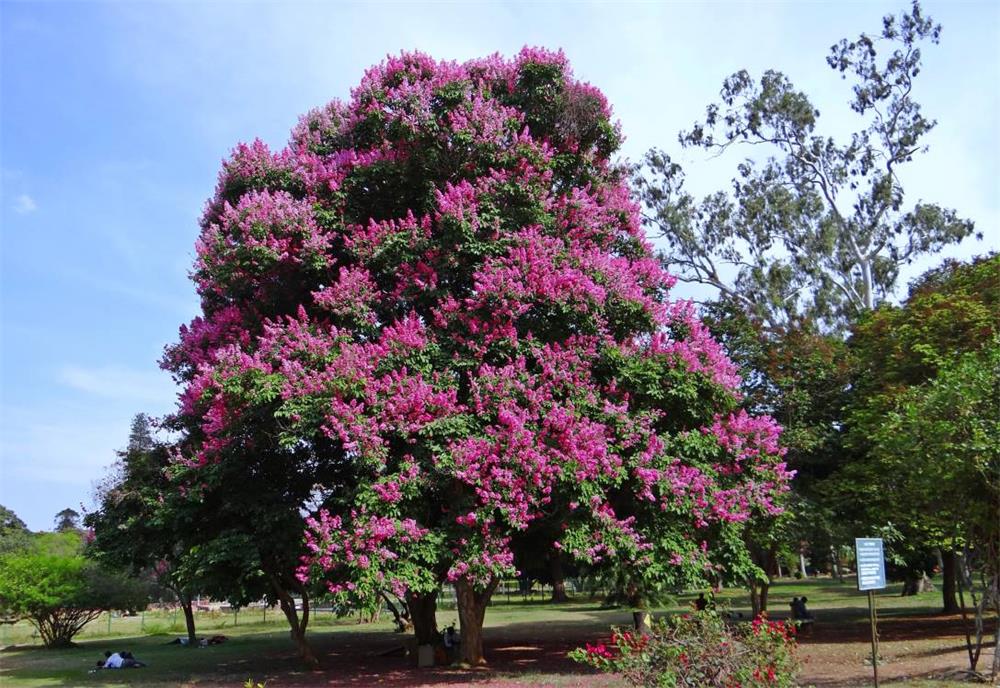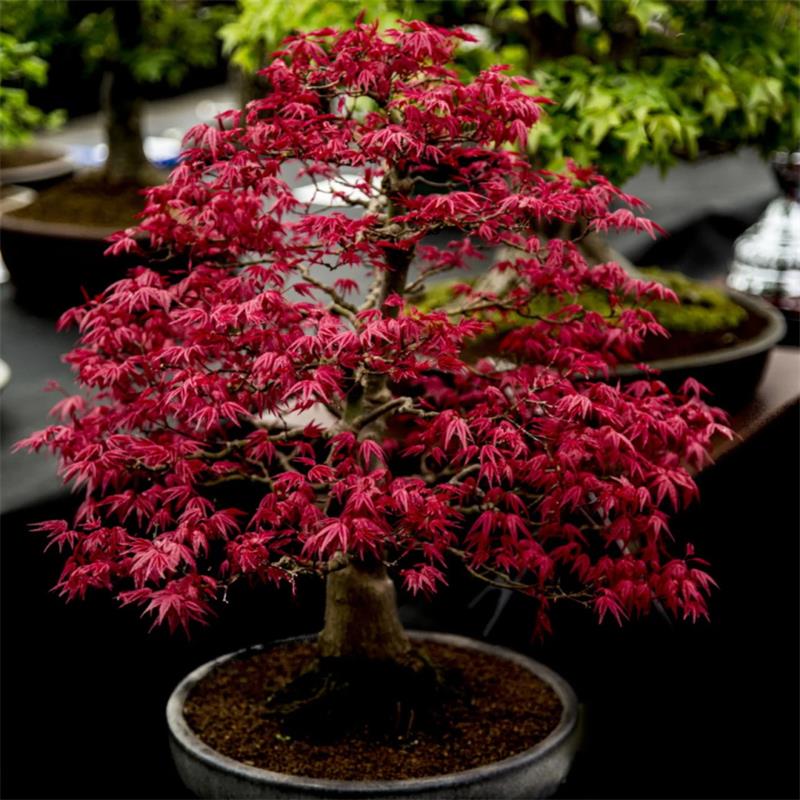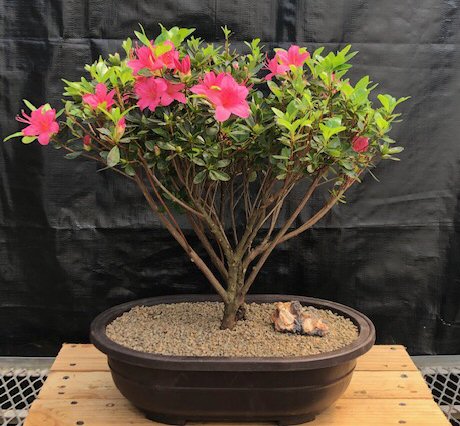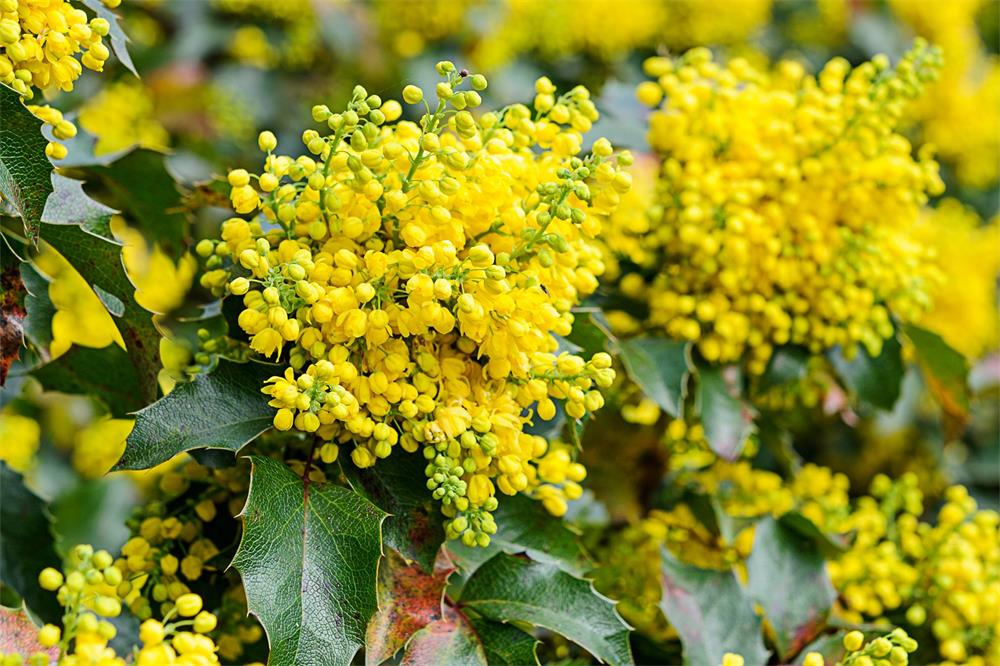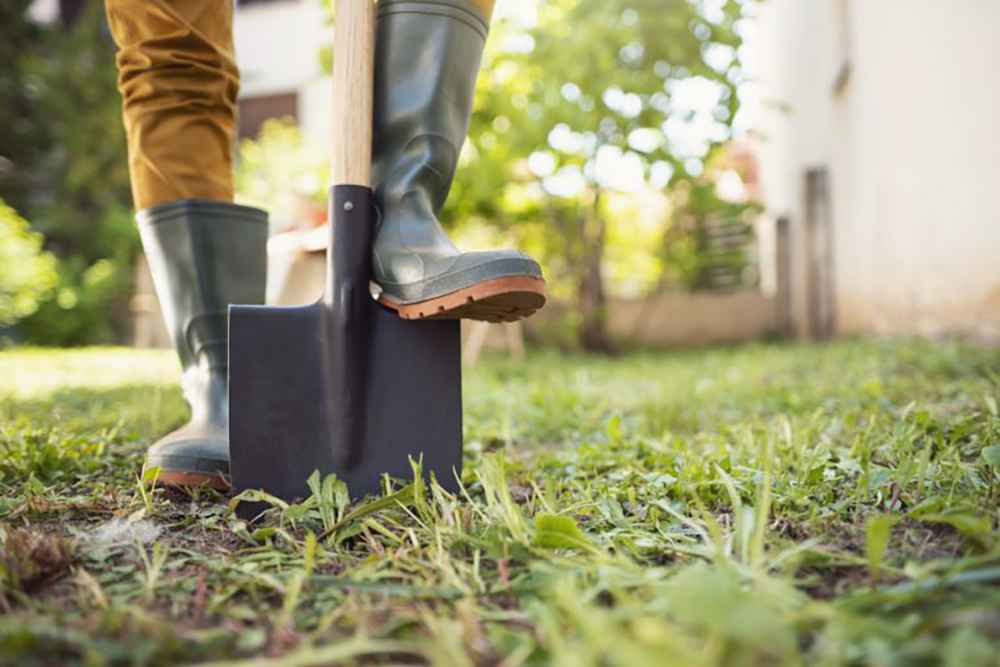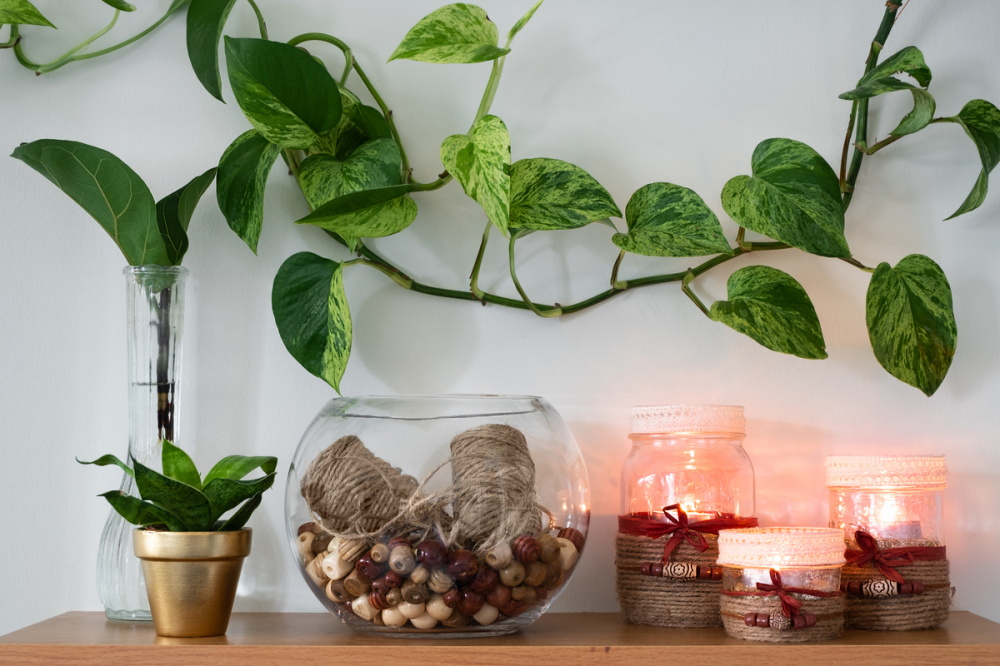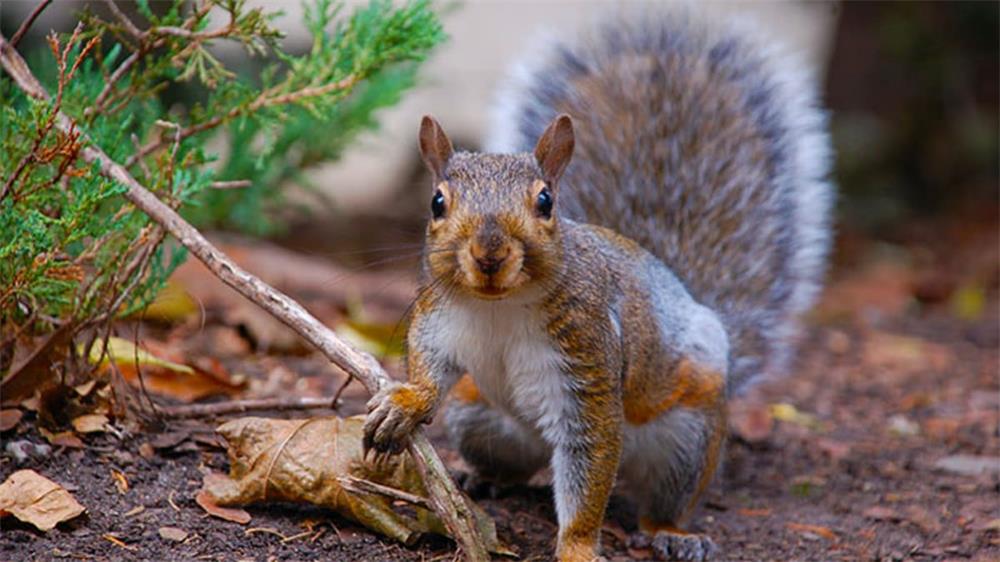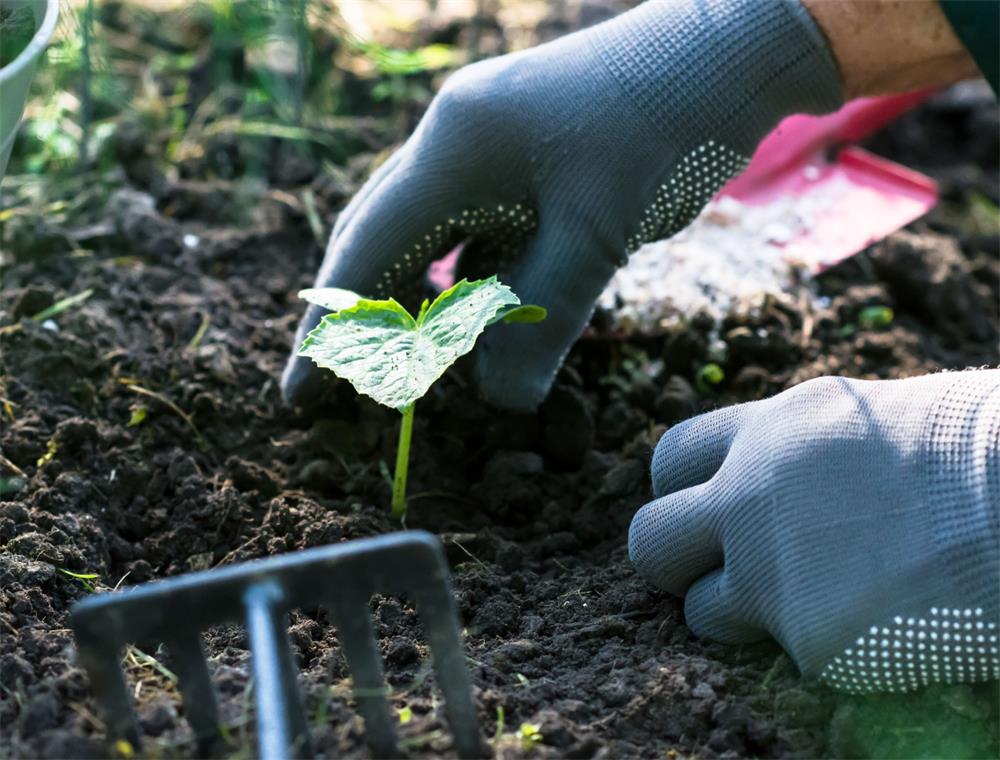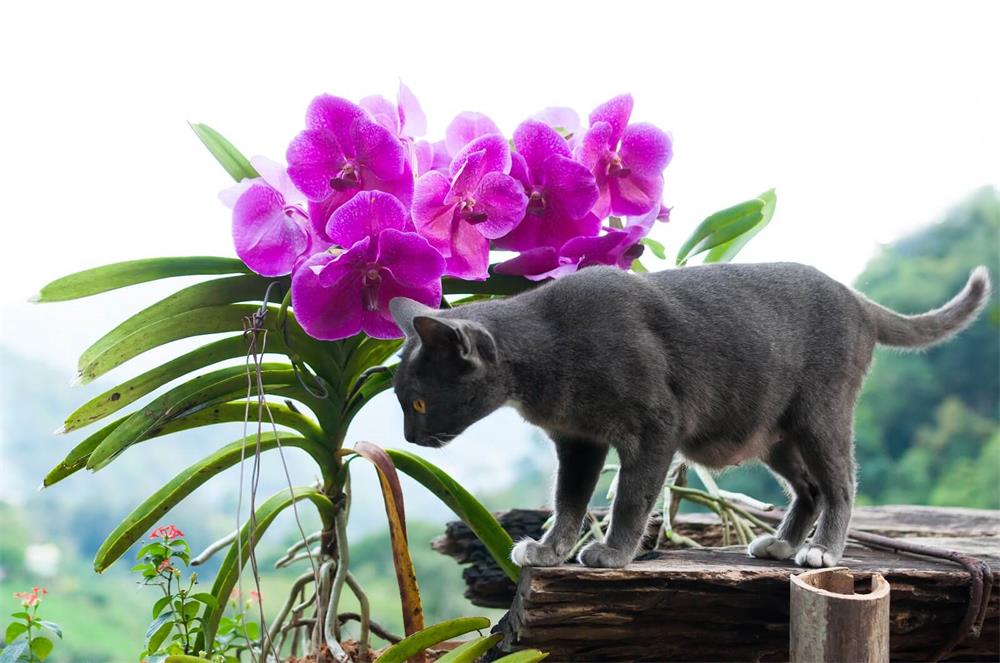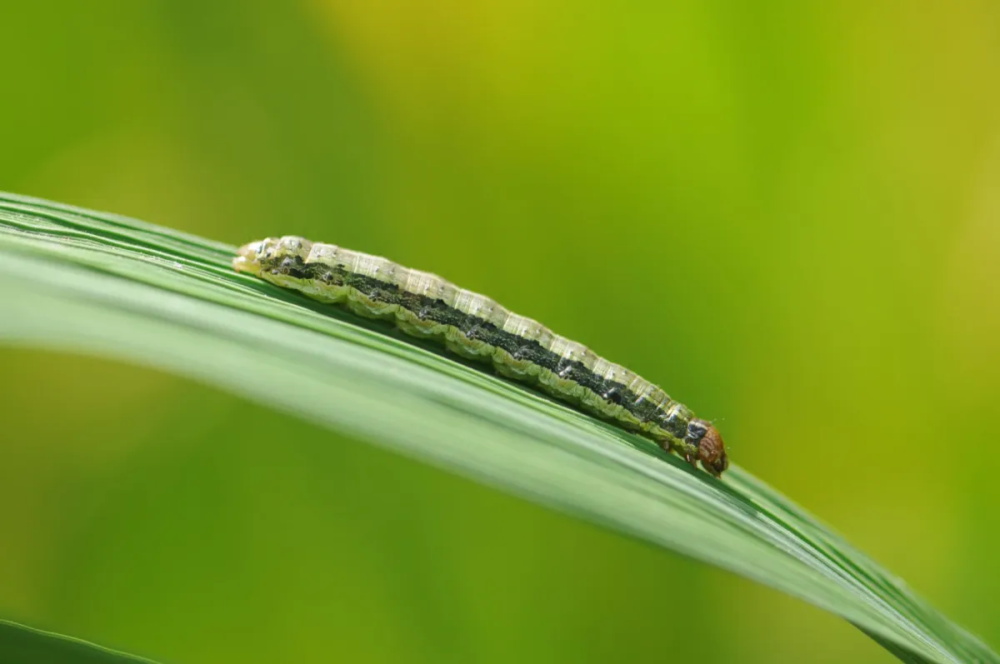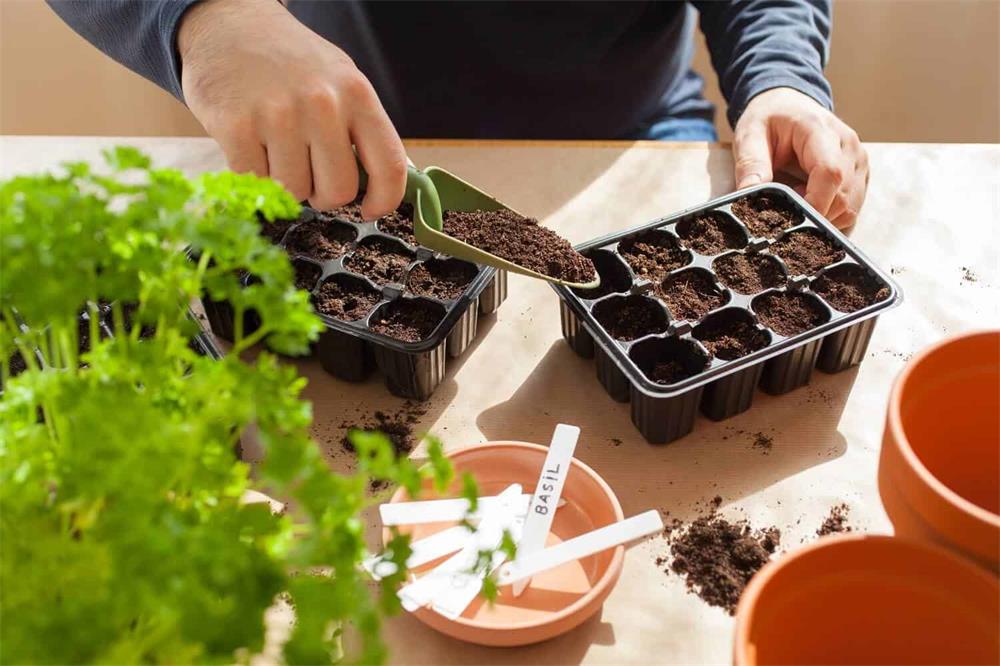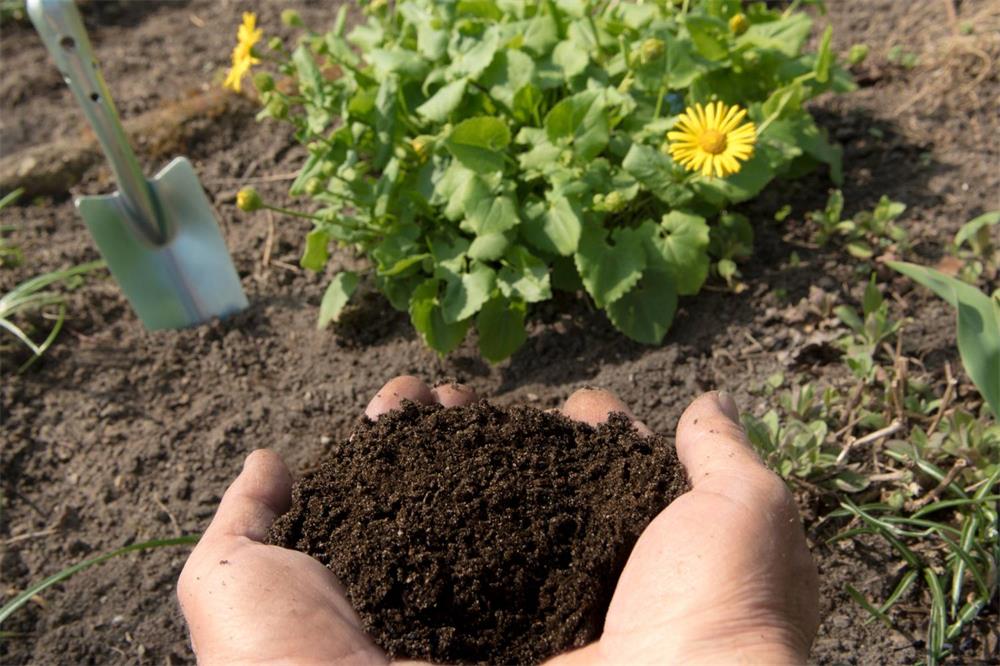
Table of Contents
Manure is a valuable organic material that can enrich your garden soil with nutrients and improve its texture and structure. However, using manure in your garden requires some care and preparation to avoid potential problems such as burning plants, contaminating crops, or polluting water sources. Here are some tips on how to use manure safely and effectively in your garden.
What are the benefits of manure?
Manure comes from the solid and liquid waste of various animals, usually mixed with some of their bedding material (straw, hay, or sawdust). The most common types of manure used in gardening are a cow, sheep, horse, and chicken manure, but you can also use manure from other herbivores (plant-eating animals) such as rabbits, goats, or llamas. You should avoid using manure from carnivores (meat-eating animals) such as cats, dogs, pigs, or humans, as they can carry harmful pathogens that can infect you or your plants.
Manure can provide several benefits to your garden soil, such as:
- Increasing nutrients available to plants and nutrient storage in the soil. Manure contains nitrogen, phosphorus, potassium, and other micronutrients that plants need for growth and development. Manure also helps to increase the organic matter content of the soil, which improves its ability to hold and release nutrients over time.
- Increasing the water available to plants and water storage in the soil. Manure helps to improve the water-holding capacity of the soil by creating pores and spaces that allow water to infiltrate and drain. This reduces runoff and erosion and prevents waterlogging and drought stress.
- Improving soil structure, which promotes aeration and drainage. Manure helps to bind soil particles together into aggregates that improve the stability and porosity of the soil. This enhances the movement of air and water through the soil and reduces compaction and crusting.
- Supporting soil microbial communities. Manure provides food and habitat for beneficial microorganisms that decompose organic matter, recycle nutrients, suppress diseases, and enhance plant growth.
- Reducing greenhouse gas emissions. Manure can help to sequester carbon in the soil and reduce nitrous oxide emissions by increasing the efficiency of nitrogen use by plants.
How to prepare manure for your garden?
Before you apply manure to your garden, you need to make sure it is properly composted or aged to reduce its potential risks. Fresh manure is high in nitrogen and ammonia and can easily burn plants if it comes in contact with them. Fresh manure can also contain bacteria that could contaminate any edible plants growing in or near it.
To compost or age manure, you need to pile it up in a well-ventilated area and turn it regularly to aerate it and speed up the decomposition process. You can also add some brown materials such as dried leaves or shredded newspaper to balance the carbon-to-nitrogen ratio and reduce the odor of fresh manure. The composting or aging process can take anywhere from six months to a year depending on the type of manure, the temperature, and the moisture level.
You can tell when manure is ready to use by its appearance, smell, and temperature. Composted or aged manure should look dark brown or black, crumbly, and earthy-smelling. It should not have any recognizable pieces of bedding material or animal waste. It should also feel cool or warm to the touch but not hot.
How much manure should you use in your garden?
The amount of manure you should use in your garden depends on several factors such as the type of manure, the type of soil, the type of plants you are growing, and the existing nutrient level of your soil. You can test your soil for its nutrient content using a home kit or by sending a sample to a laboratory.
As a general rule of thumb for adding cow manure to your garden, use 200 pounds of composted manure per 100 square feet of garden area. For chicken manure, use 70 pounds of composted manure per 100 square feet of garden area. These amounts will provide enough nutrients for most vegetable crops without causing nutrient imbalances or leaching.
You can adjust these amounts depending on your specific situation. For example:
- If you have sandy soil that drains quickly and does not retain nutrients well, you may need to add more manure than if you have clay soil that holds moisture and nutrients better. However, be careful not to overdo it, as too much manure can cause salt accumulation or nutrient leaching in sandy soils.
- On the other hand, if you have clay soil that is heavy and compacted, you may need to add less manure than if you have loamy soil that is well-drained and fertile.
- However, adding some manure can help to improve the aeration and drainage of clay soils by creating pores and spaces. The best way to determine the right amount of manure for your garden is to observe your plants and soil and adjust accordingly.
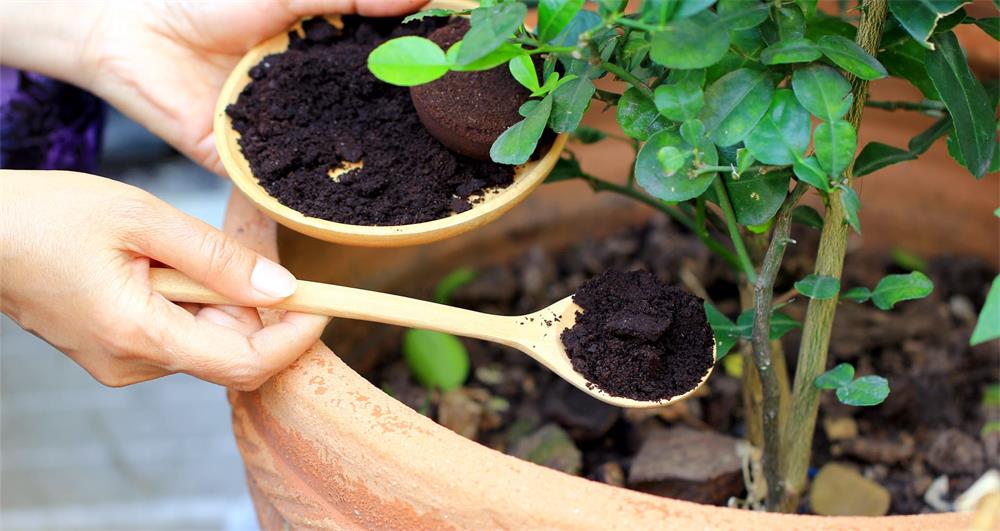
When to apply manure to your garden?
The best time to apply manure to your garden is at least three months before the start of full growth, meaning the late autumn or winter. This will give enough time for the manure to break down further and release its nutrients gradually into the soil. You should add organic manure to your garden at the same time each year, as this will produce the optimal levels of nutrients and drainage for your garden.
However, you can also apply manure at different times depending on your specific needs and goals. For example:
- If you want to prepare a new garden bed or improve poor soil, you can apply manure in the spring or summer and dig it in well. This will help to create fertile and well-structured soil for planting.
- If you want to boost the growth and yield of your crops, you can apply manure as a side dressing during the growing season. This will provide extra nutrients and moisture to your plants. However, you should avoid applying fresh manure near edible crops that come in contact with the soil, such as root crops or leafy greens, as this could pose a risk of contamination.
- If you want to protect your soil from erosion and weeds, you can apply manure as a mulch on top of the soil surface. This will help to retain moisture, moderate temperature, and suppress weed growth. However, you should avoid applying too much manure as a mulch, as this could smother your plants or cause nutrient imbalances.
How to select and store manure for your garden?
Not all manures are created equal. Different types of manure have different nutrient contents, pH levels, salt concentrations, and weed seeds. Therefore, you should choose the type of manure that suits your soil and plants best.
Here are some general guidelines for selecting and storing manure for your garden:
- Choose manure from herbivorous animals such as cows, sheep, horses, chickens, rabbits, goats, or llamas. Avoid manure from carnivorous animals such as cats, dogs, pigs, or humans, as they can carry harmful pathogens or heavy metals that can harm you or your plants.
- Choose well-aged or composted manure that has been stored for at least six months to a year. Avoid fresh or raw manure that has a strong odor or heat. Fresh manure can burn your plants or contaminate your crops with bacteria or parasites.
- Choose organic or chemical-free manure that has not been treated with antibiotics, hormones, pesticides, or herbicides. These substances can persist in the manure and affect your soil and plants negatively.
- Choose weed-free manure that has not been contaminated with weed seeds that can germinate in your garden. Weed seeds can be killed by high temperatures during composting or by solarizing the manure under clear plastic for several weeks.
- Store manure in a dry and covered place away from direct sunlight and rain. Moisture and heat can cause the manure to lose its nutrients or become anaerobic and smelly. Covering the manure will also prevent flies and rodents from infesting it.
Conclusion
Manure is a great way to improve your garden soil and boost your plant growth. However, you need to use it wisely and safely to avoid potential problems. By following these tips on how to use manure in your garden, you can enjoy the benefits of this natural and organic resource without any drawbacks.



